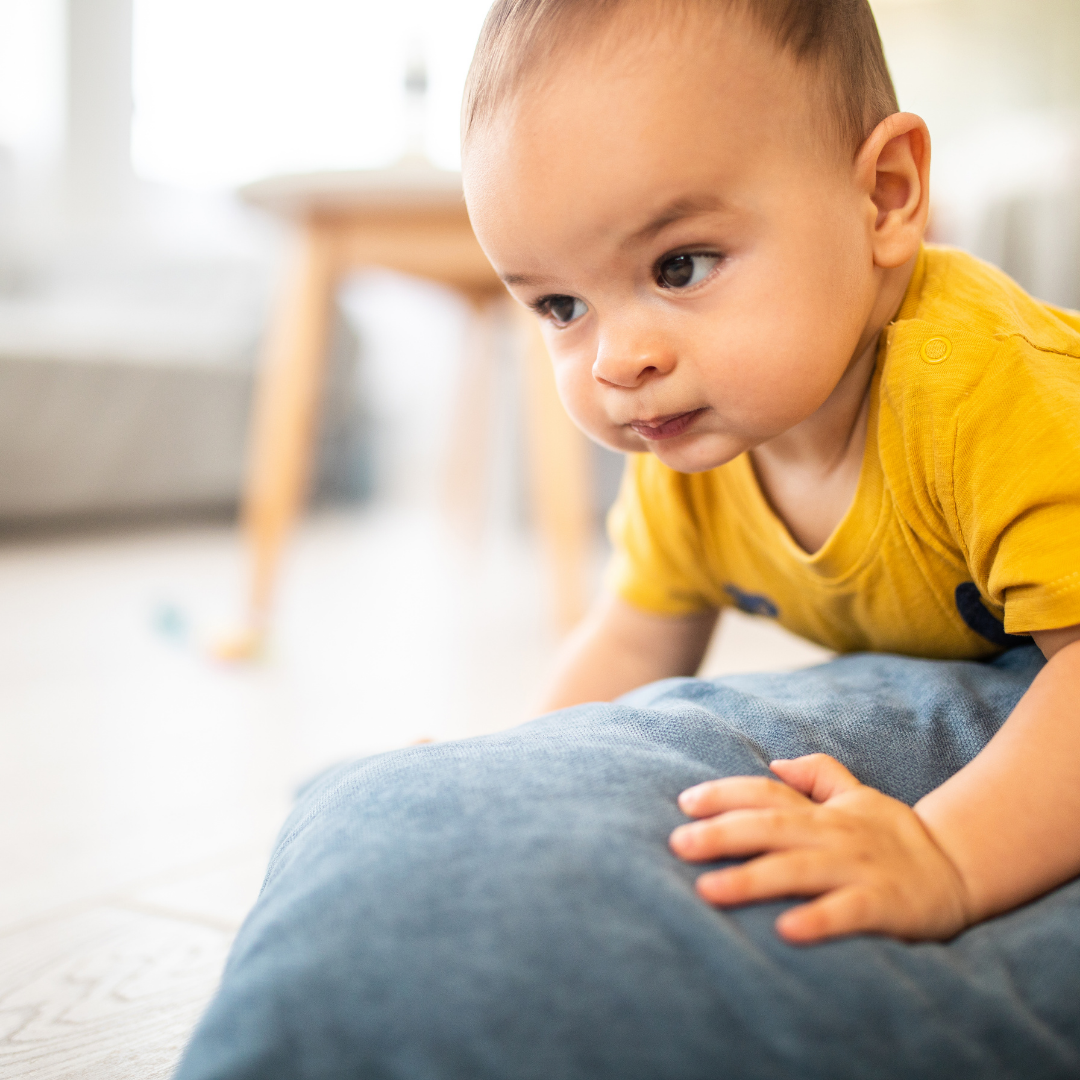Written by Claire Burgess, Family Consultant. During the first 12 months of life, the bottle for some babies provides comfort and positive associations. Looking to stop the use of bottles and moving to a cup can often make parents feel sad and question if it is fair on the child to make them give it up because they seem to love it so much. While it can be hard and there can be an attachment, there are good reasons to look at stopping it once your child is over 12 months.
Read MoreCategories
ALL | Babies | Behaviour | Bereavement | Co-Parenting | Food and weaning | Getting to know | Grandparents | Health | Lockdown | Nursery | Other | Play | Routines | School | Separation anxiety | Siblings | Sleep | Teething | Toilet Training | Transitions | Travel | Tweens and Teens | Twins
You can also check out all of our practical videos on our YouTube Channel here - these include nappy changing, making up a bottle, topping and tailing and so much more!
Written by Claire Burgess, Family Consultant. As I am writing this blog we are in lockdown 3.0 - back to home schooling and trying to come up with ways to keep our children entertained all day long! Even before lockdown I think we were all coming to accept that screens are a part of our everyday lives. They aren’t going anywhere, and I think we would all agree that they’ve been really valuable through lockdown in keeping us all connected with friends, family and with work or school.
Read MoreWritten by Claire Burgess, Family Consultant. Co-parenting or shared parenting are terms used when two people who have been in a relationship, have had children together but then separated. The important thing to remember about co-parenting is that you don’t stop being a parent, you just stop being in a relationship with the person that you have had children with. You both still have a responsibility to your children to provide them with a stable and secure environment in which they can grow and develop.
Read MoreWritten by Claire Burgess, Family Consultant. In recent weeks this is a question that I have been asked several times and so I thought that I would write a blog on the topic! Headbanging is a behaviour which often causes adults great distress - seeing a child repeatedly banging their head is very hard to watch and to understand.
Read MoreWritten by Claire Burgess, Family Consultant. There have been thousands of babies born during 2020, a year when we have seen lockdowns and more social isolation than we have ever experienced before! This has brought about a great deal of concern for parents, often questioning if this isolation from friends, family, activity groups and classes will have an impact on their baby’s development.
Read MoreWritten by Claire Burgess, Family Consultant. A question I often hear being asked, particularly around this time of year, is “Why don’t my children appreciate what they have?”. Naturally children ‘expect’ to receive gifts and presents around Christmas, Birthdays or perhaps when on days out etc., but some children appear to never be fully grateful or appreciative of the gift, the thought that went in to getting it or sometimes the cost of the gift.
Read MoreWritten by Claire Burgess, Family Consultant. Introducing a new baby to a family is something that we all hope will be like we see on TV, arriving home with the other children who are so excited waiting to welcome their new brother or sister into the family. However, for some families this picture of family bliss is not always what happens. In my time working with families, I have experienced children asking when the baby is going back to the hospital, suggesting that the baby is sent back where it came from and I’ve even seen one little one pulling the bin over to his mummy and telling her to put the baby in it because he didn’t like him!
Read MoreWritten by Claire Burgess, Family Consultant. When looking at behaviour related issues, one of the most common strategies or ideas that is given as a solution is a reward system of some kind. This might be a reward chart, a star chart, marbles or pasta in a jar (etc.) - these are all related to encouraging ‘good behaviour’ and, in some situations, these might work.
Read MoreWritten by Claire Burgess, Family Consultant. Does your child twirl round and round and round all the time or, do they always want to line their cars up in a straight line or, perhaps they want to drop or throw things from a height..?! Do you wonder why this might be?
Children are creatures of habit and it’s with good reason! These repetitive behaviours are all part of your child’s essential brain development, helping them to learn new skills and practice what happens when they do them. As babies you will have seen your child repeating an action until they were able to do it, and, as our children get older, these behaviours become more defined as their interests (and their brains) develop.
Read More









